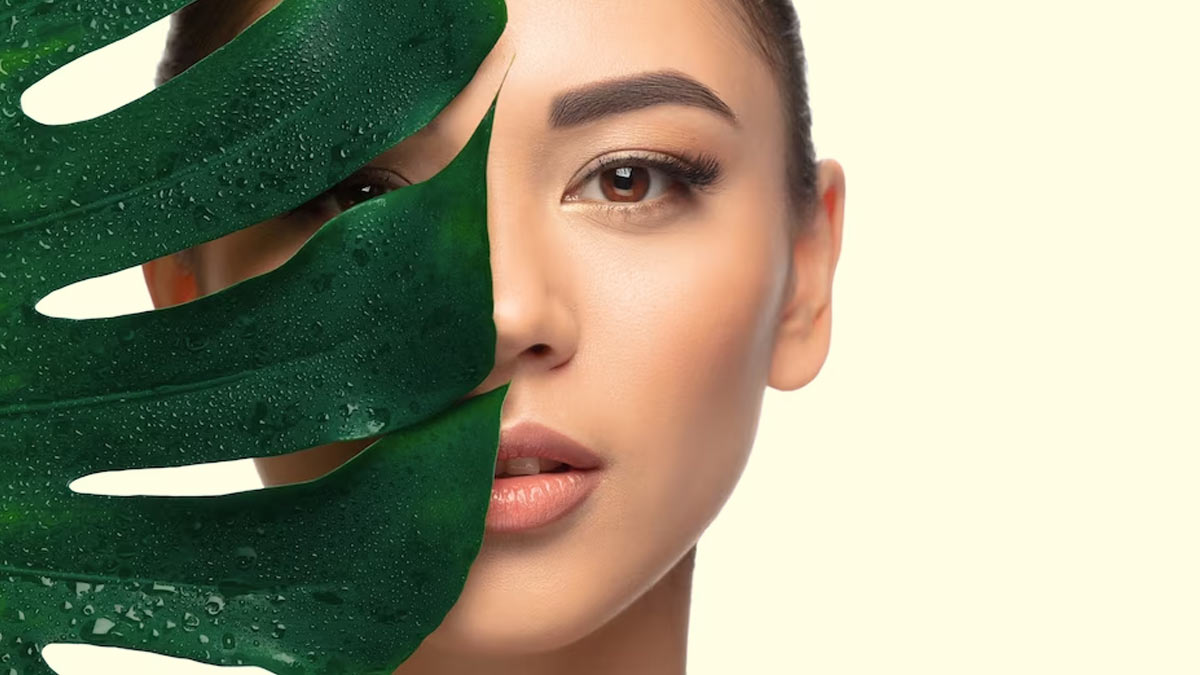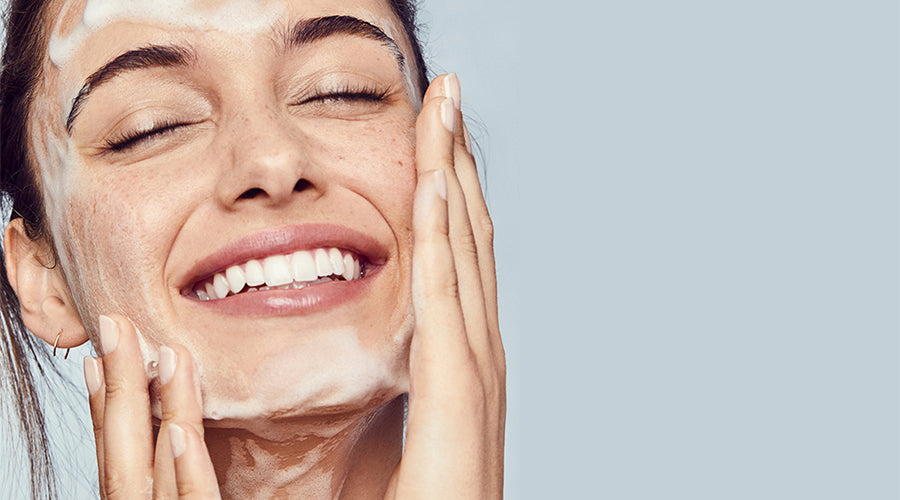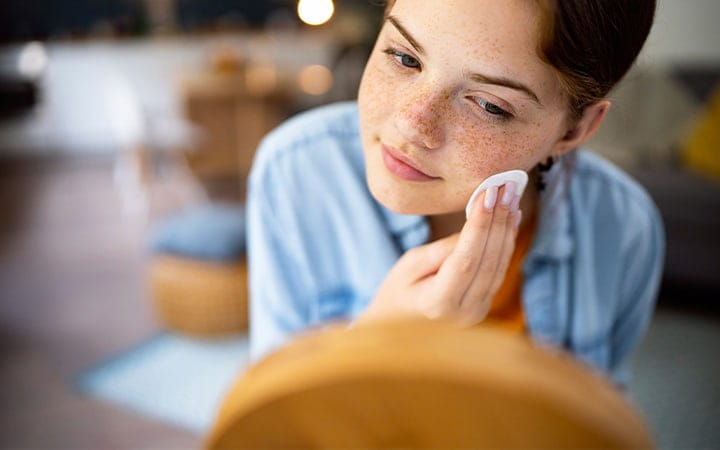Morning vs Night Skincare Routine: What's Best for You?
In the fast-evolving world of beauty, the debate between the morning vs night skincare routine is one that continues to pique the interest of beauticians and skincare enthusiasts alike. Understanding the unique benefits of each routine can significantly enhance the way you, as a beauty expert, advise your clients on maintaining their skins health and vibrancy.
Both routines serve distinct purposes, catering to the skins varying needs throughout the day and night. To help you navigate these differences and optimize your skincare strategies, lets delve into what makes each routine truly indispensable.

Understanding the Morning Skincare Routine
The morning skincare routine is primarily geared towards protection. As your clients step out into the world, their skin is exposed to various environmental stressors such as UV rays, pollution, and dirt. The morning routine is designed to shield their skin from these aggressors, ensuring it remains healthy and resilient.
Essential Components of a Morning Routine
A typical morning routine should begin with a gentle cleanser to remove any overnight oil build-up. Following cleansing, applying a toner can help balance the skins pH levels. Next, a vitamin C serum can be incredibly beneficial, as it provides an antioxidant defense against free radicals. To learn more about the benefits of vitamin C serum, visit our detailed guide.
Finally, a broad-spectrum sunscreen is non-negotiable. Its vital for protecting the skin against harmful UV rays, which can lead to premature aging and other skin issues.
Delving into the Night Skincare Routine
The night skincare routine focuses on repair and rejuvenation. During sleep, the skins natural repair processes are at their peak, making it an ideal time to apply treatments that can aid in recovery and hydration.
Key Steps in a Night Routine
Start with a thorough cleanse to remove makeup and impurities accumulated during the day. Consider using a double cleansing method for optimal results. This can be followed by a hydrating toner and a retinol serum. Retinol is known for its ability to promote cell turnover and reduce signs of aging. Check out our article on the causes of adult acne to understand how retinol can benefit acne-prone skin.
An intensive moisturizer is crucial for locking in hydration overnight. For a more targeted approach, you might also include an eye cream to address specific concerns such as puffiness or dark circles.
Customizing Skincare Routines for Your Clients
As a beautician, personalizing skincare routines to fit the unique needs of each client is paramount. Factors such as skin type, age, lifestyle, and specific skin concerns should guide the customization process.
For clients with sensitive skin, it's important to recommend products that are gentle and free from harsh chemicals. For more insights, our article on skincare routine for sensitive skin provides valuable tips.
Balancing Both Routines
While both the morning and night routines have their distinct roles, they are most effective when used in conjunction. A balanced approach ensures that the skin is not only protected during the day but also adequately repaired at night.
Encourage your clients to maintain consistency in both routines, as this is key to achieving long-term skin health. For a comprehensive guide on creating a balanced skincare routine, visit this external resource.

FAQs
1. Can I use the same products for morning and night?
While some products can be used for both, it's best to tailor your products to each routines specific goals. For example, sunscreen is essential in the morning, while retinol is more suited for nighttime use.
2. How often should I update my skincare routine?
Its advisable to reassess your skincare routine with each season change or if there are significant changes in your skins condition. Staying informed about new products and trends can also guide necessary adjustments.
3. Are natural products better for my skin?
Natural products can be beneficial, especially for sensitive skin, but its important to ensure they are free from allergens and irritants. Our article on best ingredients for acne-prone skin further explores this topic.
This article contains affiliate links. We may earn a commission at no extra cost to you.

